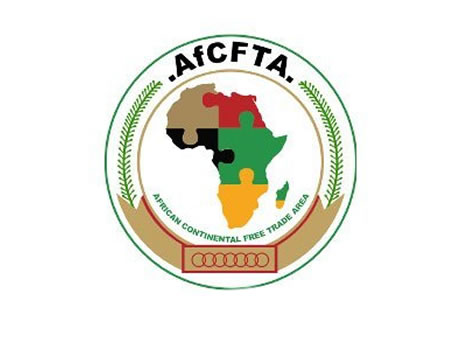Nigerians Hoard N2.7trillion In 2022 – CBN Reveals
The Central Bank of Nigeria has revealed that it lost track of N2.7 trillion of the country’s currency in circulation as of June 2022.
The Apex bank however noted that about 84.71 percent of the country’s currency in circulation are outside the vaults of commercial banks across the country.
In her opening remarks at a Sensitisation of stakeholders on Currency Redesign, held at Ayegbaju Market, Osogbo, Osun State capital, the Branch Controller of CBN, Osogbo branch, Madojemu Ajuma Daphne lamented that Nigerians were hoarding bank notes, refusing to take them to banks.
Daphne said: “A significant hoarding of banknotes by members of the public, with statistics showing that N2.72 trillion out of the N3.26 trillion currency in circulation as of June 2022 was outside the vaults of commercial banks across the country, and supposedly held by members of the public.
Represented by Adebayo Oluyemisi Omosolape, Daphne further explained that the statistic shows that 84.71 percent of currency in circulation are outside the vaults of commercial banks, with only 15.29 percent in the Central Bank and Commercial banks’ vaults.
“Second, is the worsening shortage of clean and fit banknotes with attendant negative perception of the CBN and increased risk to financial stability
While explaining the features of the redesigned N200, N500 and N1000 banknotes, Daphne said the newly redesigned banknotes would enhance security, greater durability, attractiveness and Our Rich Heritage Things To Note
She hinted that the Current series being withdrawn from circulation will cease to be legal tender after January 31, 2023;
“The new Design and current series are to circulate side by side until January 31, 2023 when the current series ceases to be legal tender.”
She however charged Nigerians to ensure that they deposit cash holdings in these denominations at their commercial banks saying there is no limit to how much a customer can deposit between now and January 31, 2023, as the CBN has suspended bank charges.
“We encourage the public to explore other payment channels, such as eNaira, POS, electronic transfer, USSD, internet banking, and mobile money operators and agents, for their economic activities.
“here is increasing ease by criminals and risk of counterfeiting evidenced by several security reports received at the Central Bank of Nigeria.
“The benefits of the currency redesign to the Nigerian economy are enormous given that: This policy will help to control inflation as the exercise will bring the hoarded currency into the banking system, thereby making monetary policy more effective;
” It will also help with better design and implementation of Monetary Policy as we would have much more accurate data on money supply and monetary aggregates;
“We believe that this exercise would help in increasing financial inclusion, moving towards a more cashless economy, and ensuring greater formalization of the Nigerian economy:
“The currency redesign would assist in the fight against corruption as the exercise would rein in the higher denomination used for corruption, and the movement of such funds from the banking system could be tracked easily.
Adeleke Adelokun, the Deputy Director Central Bank of Nigeria said CBN has printed enough new Naira Notes but they discovered that most of the banks have not collected the money.
“We are here to sensitise market women on the newly redesigned Naira Notes and to sensitise them on eNaira on how to subscribe to eNaira and transaction of business with use of eNaira applications.
“When we discovered that they refused to collect the new Naira notes we put sanction on the bank with a fine of 1million per box per day depending on the number of days .”
“We also mandated the banks qto put new Naira Notes in the Atm machines all over Nigeria so that Nigerians will have access to the new Naira Notes.”















Post Comment